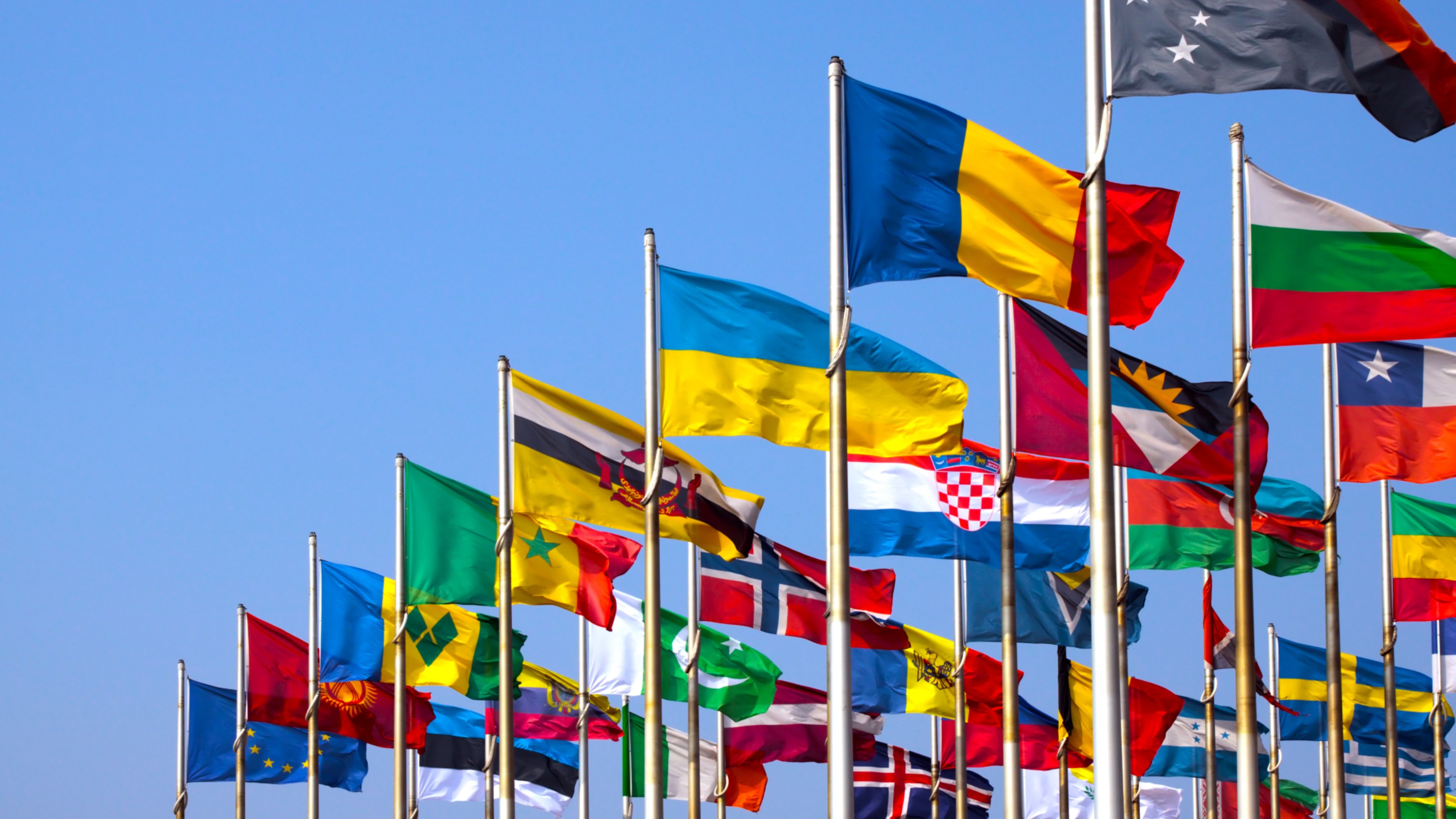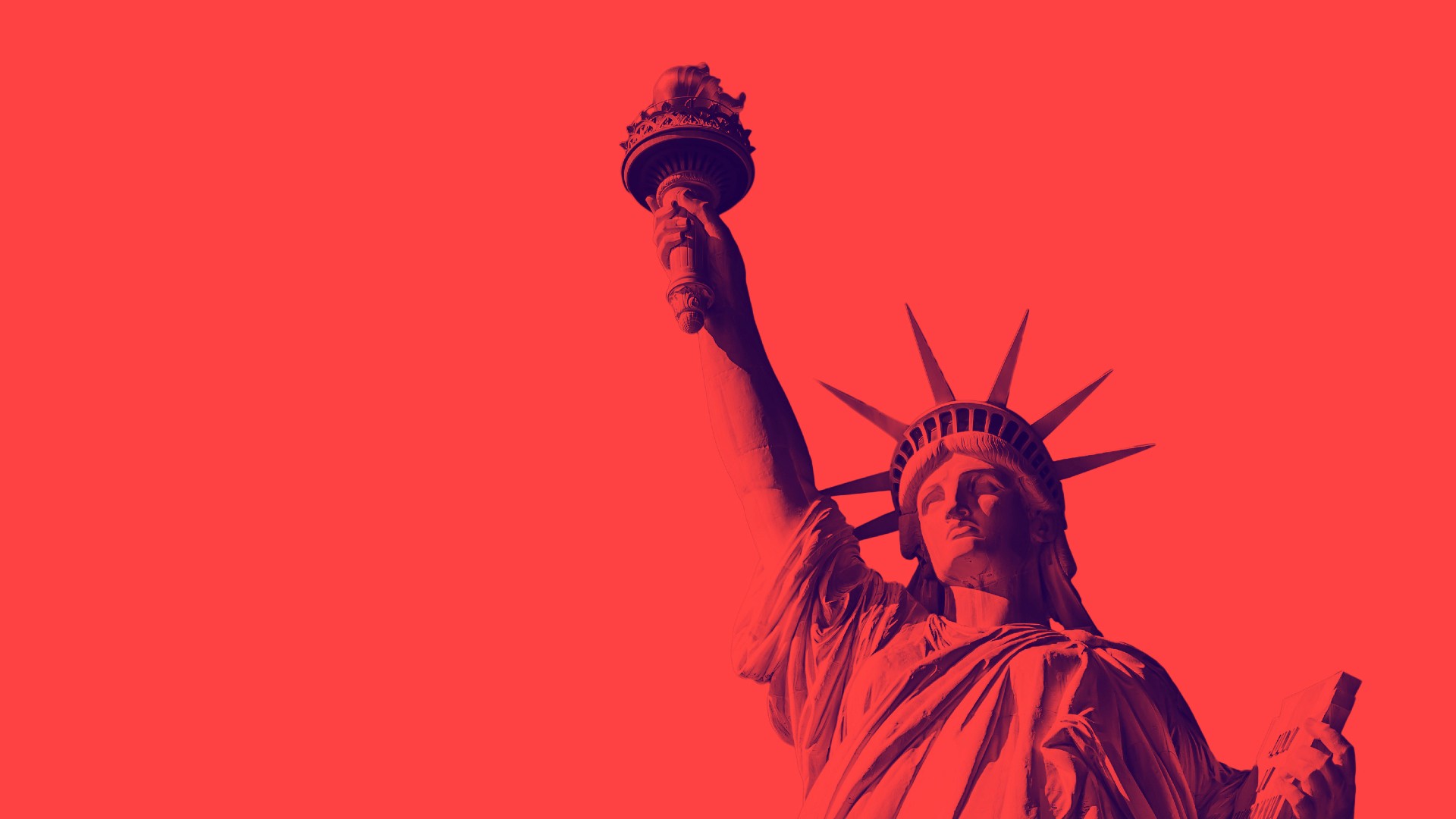Should we treat “big porn” in the same way we treat industries like “big tobacco”? Journalist Louise Perry thinks so. In her book, The Case Against the Sexual Revolution, Perry discusses the idea of sexual disenchantment, the commodification of sex, and the impact of the online porn industry on society.
She argues that the multibillion-dollar global industry is qualitatively different from past exposure to porn, as it normalizes extreme content and affects the sexual culture of an entire generation. Perry likens porn to “super stimuli” that tap into the natural drive for reproduction but exaggerate it in a maladaptive way, similar to fast food. She also critiques platforms like OnlyFans, noting that while it may appear to cut out the middleman, the platform itself still profits from sexual exploitation.
Perry expresses concern that despite many people having a robust critique of capitalism in other industries like gambling or junk food, they hesitate to apply the same scrutiny to the porn industry. But that may be changing.
LOUISE PERRY: So I have this idea of sexual disenchantment: It's an idea that that sex isn't really special, that you can regard it as being just like any other kind of social interaction, it's just completely morally neutral, which means of course, that you can commodify it without any qualms. The problem I think, with the sexual disenchantment view is if you're really consistent on it, you end up excusing some abhorrent things. We are entering a world where tech dominates the most intimate aspects of our lives, including of course, our sexual lives. Even if you don't actually use porn yourself, the nature of sexual culture is that it is networked: You have sex with other people, you are affected by what they do, what they expect. To say that you can just opt out of porn culture is to underestimate its impact.
We've basically got the sexuality of a whole generation being molded by baseless corporations who are solely in the business of making money.
So, people have always been creating erotic art: you look at murals in Pompeii or Victorian erotic photography. As soon as a medium comes along, humans use it to get off. The problem though, for defenders of the porn industry, is that they sometimes assume that what we're talking about when we talk about online porn is basically just the Playboy magazines of the 1960s. What we have now is a multibillion-pound global industry, which is beaming the most extreme content in the pockets of 10-year-old children, and suddenly they have access to all of the world's wonders, but also all of the world's horrors on this little device. That is so qualitatively different from the kind of porn exposure that children and adults would've experienced in the past- to the extent that I think we have to speak about it as being a completely different beast.
Also, there is a thumb on the scale: What we're talking about is front pages of the major porn platforms, which will normalize particular content. So something like strangulation porn, this was completely unheard of a generation ago; the idea that choking your partner will be a normal part of sex. Whereas now, in the U.K., more than half of women age 18 to 25, have been choked by a partner during sex- sometimes consensually, sometimes not consensually. The point is that it's considered normal; this is considered to be part of the sexual script. Because the thing is with human sexuality that yes, we have some inbuilt desires, but there's also a process of sexual imprinting: when you learn what is normal, you learn this from your earliest sexual experiences, and normally people would learn it from actual sexual experiences that they are having themselves. Now, we are learning it from hundreds, thousands of highly stylized images of other people having sex, suggested to us by these huge porn platforms, which are not interested in protecting the well-being of their users, they are interested in making profit.
So the historian, David Courtwright has coined this term, "limbic capitalism," which exploits the most primitive part of our brains, the limbic part of the brain, which is all about feeling: gambling, junk food, smoking, opioids, all of these products which tap into some very, very deep unconscious desires for pleasure, but they do so in a maladaptive way, even as it does them harm. They basically need to be understood as what evolution biologists will call "super stimuli," a stimulus that sets off all of those buzzers in our brain, which tell us that this is something good for us, but in a grossly exaggerated way. The porn industry taps into this completely natural drive towards reproduction, but it does so by exaggerating sexual stimuli and turbocharging it: the massive breasts, famously, of porn industry, right?
- 'How's everybody feeling tonight?'
PERRY: So I think that porn is to sex, in the way that McDonald's is to food. These are capitalist enterprises that take our natural instincts, but they strip away anything that's truly nourishing, and just leave users wanting more and more. And then there are newer platforms like OnlyFans, which are all about giving content creators access to users directly without there being a middleman. I think the problem with viewing OnlyFans, as being the socialist porn platform- then you're cutting out the middleman- except you're not cutting out the middleman, because the middleman is the tech platform, the digital pimp. It might not be a physical pimp, it does take the physical risk out of selling sex, but we still have this platform that is making profit from sexual exploitation.
The line you will often get: "You can't stop people drawing erotic images, you can't go around with your big bucket of white paint, obliterating all horny imagery from the world." which is, you know, fine, I completely concede that. But when we're talking about the online porn industry, we're not talking about a millennia and more of erotic imagery, we're talking about an extremely new, hyper-novel product, which has been created very deliberately by corporations, who are making vast sums of money. It is shocking to me that people who have a very robust critique of capitalism, who will identify all the ways in which betting companies or junk food companies, or the creators of opioids, or big tobacco, they will recognize the malign influence of those industries and will say that, "Of course we should be regulating them. Of course, the state needs to intervene to protect vulnerable people from being exploited by these industries," and yet, stop when it comes to the porn industry. I think that we should be treating big porn in exactly the same way that we've treated big tobacco..







